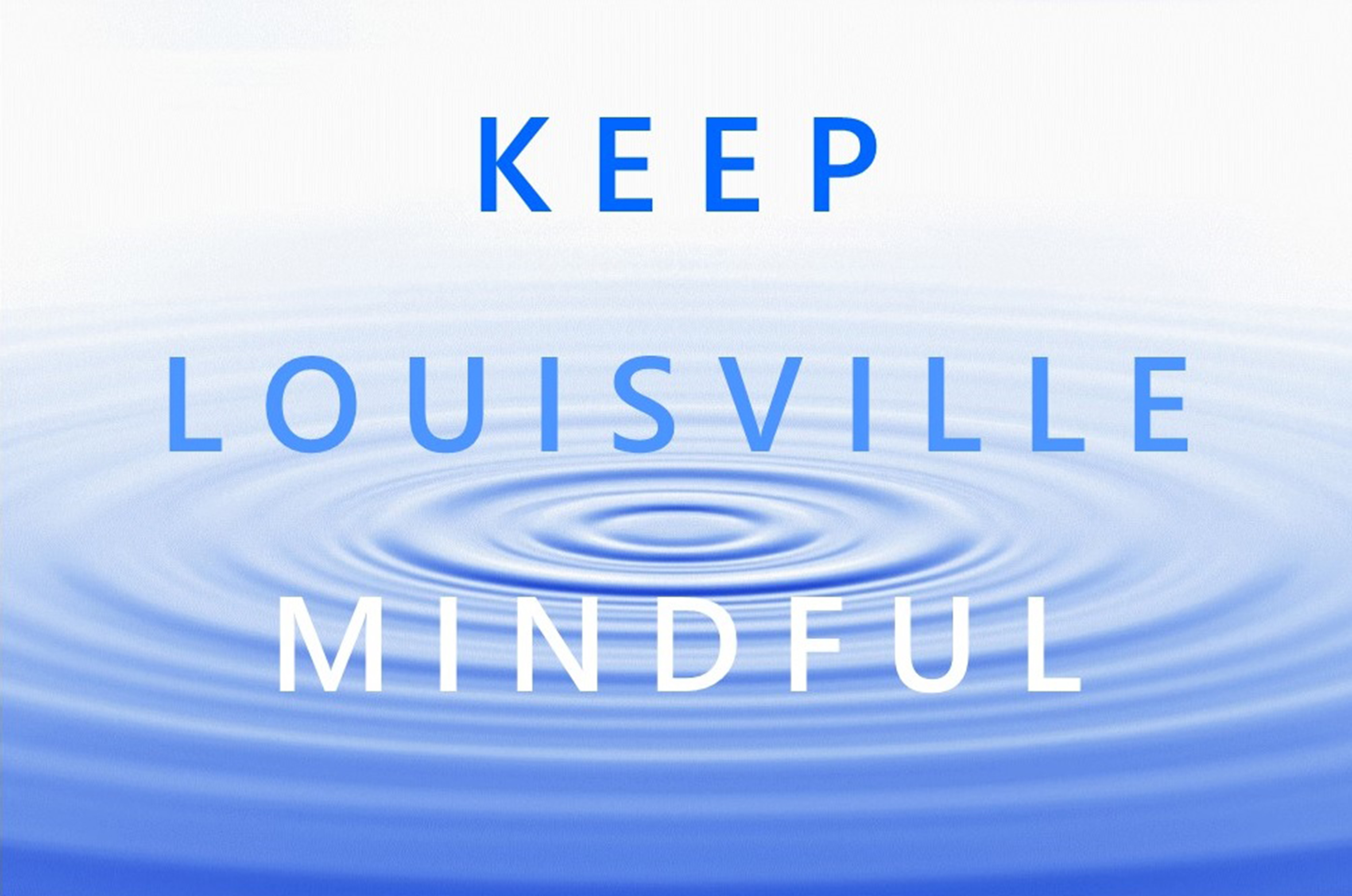How To Be An Antiracist – February 2021 Monthly Book Giveaway
#1 NEW YORK TIMES BESTSELLER • From the National Book Award–winning author of Stamped from the Beginning comes a “groundbreaking” (Time) approach to understanding and uprooting racism and inequality in our society—and in ourselves.
“The most courageous book to date on the problem of race in the Western mind.”—The New York Times
NAMED ONE OF THE BEST BOOKS OF THE YEAR BY The New York Times Book Review • Time • NPR • The Washington Post • Shelf Awareness • Library Journal • Publishers Weekly • Kirkus Reviews
I. Loved. This. Book.
And, to no surprise, I’m not the only one.
As a cis white woman (she/her/hers), I am fully aware that there is plenty I do not know about racism. And not only am I not an expert on racism, there is plenty I don’t know about sexism, agism, ablism, and other prejudices. I also recognize that I still participate in racism and other prejudices even when I believe I am consciously trying my best “Not To Be” racist or prejudice.
Author Ibrim X. Kendi brilliantly addresses the difference between “not being a racist” and being “antiracist.” He helps the reader understand that whether we like it or not, we are all participating in racism (even him!), even when we would consider ourselves “not racist.”
While this is a “how to” book, it’s also a wonderful narrative of Kendi’s life. Not only does he talk about his journey with racism and discrimination, but also with cancer. This book is a great “must read.”







 Megan Bayles Bartley, a well-known
Megan Bayles Bartley, a well-known 



